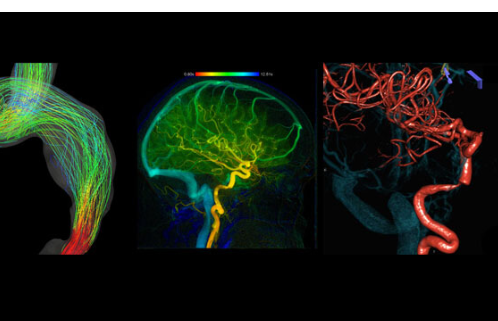Tinnitus Icd 10

Tinnitus ICD 10 serves as a crucial classification system for healthcare professionals and researchers seeking to accurately document and understand the complexities of tinnitus.
As individuals who value autonomy and informed decision-making, having access to the specific ICD-10 code for tinnitus empowers patients to advocate for themselves and enables healthcare providers to deliver tailored care.
This standardized coding system not only aids in the precise identification and diagnosis of tinnitus but also plays a pivotal role in guiding treatment strategies and monitoring outcomes.
By adhering to the guidelines outlined in the ICD-10 code for tinnitus, individuals can navigate their healthcare journey with clarity and confidence, promoting a sense of autonomy and control over their well-being.
Importance of Tinnitus ICD 10
Highlighting the diagnostic accuracy and coding efficiency, utilizing Tinnitus ICD 10 streamlines the classification and management of tinnitus cases in healthcare settings. This standardized system not only enhances public awareness but also facilitates research advancements in the field.
Overview of ICD 10 Code
Utilizing the Tinnitus ICD 10 code provides a standardized system for classifying and managing tinnitus cases in healthcare settings, enhancing diagnostic accuracy and coding efficiency.
Adhering to ICD 10 guidelines ensures consistency in reporting tinnitus-related data, facilitating better tracking of patient outcomes and treatment effectiveness.
Accurate coding is essential for proper reimbursement and statistical analysis, making the ICD 10 code integral in tinnitus management.
Diagnosis and Criteria
For the accurate diagnosis of tinnitus according to ICD 10 criteria, healthcare providers must adhere to specific guidelines. Diagnostic accuracy is essential in distinguishing tinnitus from other conditions, presenting challenges in the differential diagnosis process.
Understanding the criteria outlined in ICD 10 is crucial for healthcare professionals to make informed decisions and provide appropriate treatment for individuals experiencing tinnitus symptoms.
Read more: Discover the benefits of Hempworx products
Treatment Approaches
In the management of tinnitus as per ICD 10 guidelines, treatment approaches focus on alleviating symptoms and improving quality of life for affected individuals. These approaches may include alternative therapies, counseling, sound therapy, and medication.
Alternative therapies such as acupuncture or relaxation techniques can provide relief. Counseling helps patients cope with the emotional impact of tinnitus. Sound therapy aims to mask the tinnitus sounds, while medications target underlying conditions causing tinnitus.
Conclusion
In conclusion, the Tinnitus ICD 10 code is essential for accurate diagnosis and treatment of tinnitus. With specific criteria outlined in the code, healthcare professionals can effectively identify and manage this condition.
Interestingly, studies have shown that approximately 15% of the global population experiences tinnitus to some degree, highlighting the widespread impact of this disorder.




